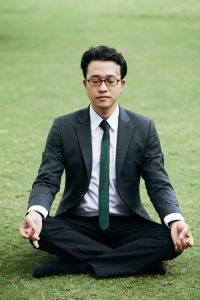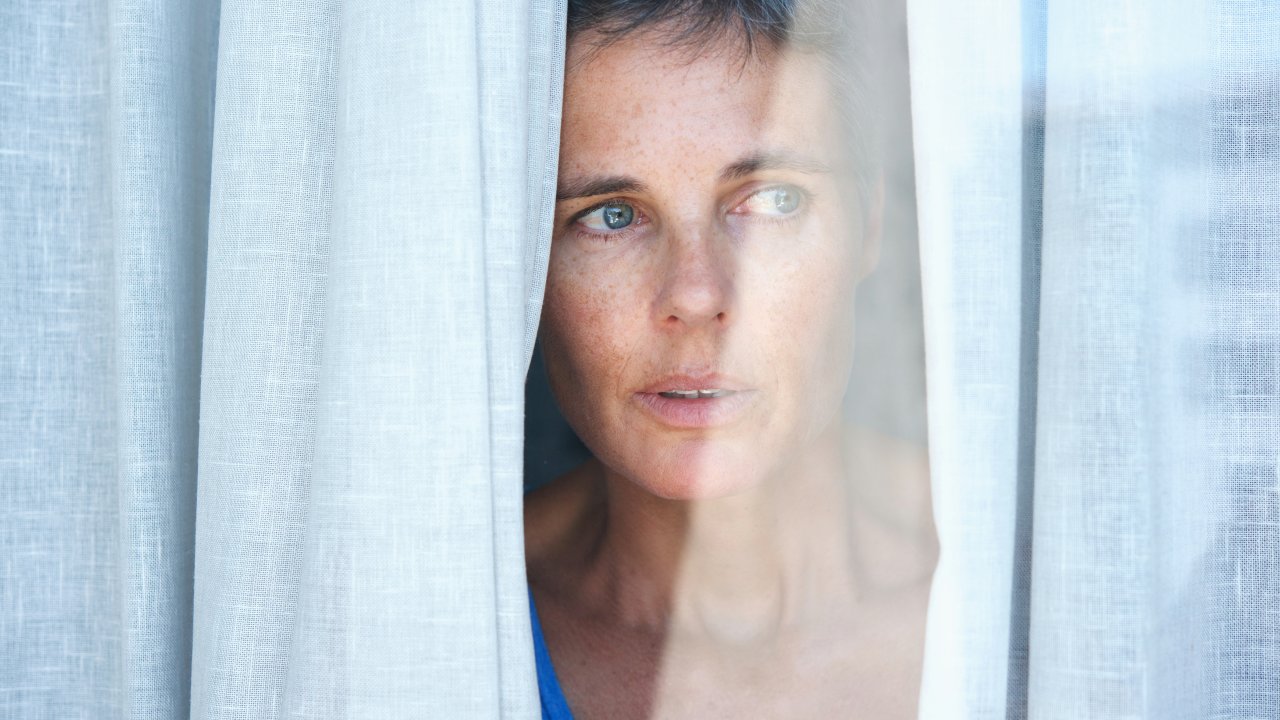Before training as a Hypnotherapist, my experience of working with PTSD was with veterans who were involved in the criminal justice system. It is a common misconception that only veterans can experience PTSD because it’s the history of war that lead to it being a recognised condition. PTSD is an acronym for Post-Traumatic Stress Disorder and has been around for many years (remember the term shell shocked?). It first appeared in the diagnostic tool in 1980’s.
 I’m writing this blog as it’s PTSD awareness month in some parts of the world but also because at this time many have faced exceptionally distressing circumstances owing to Covid. Bereavement of family members who have not been able to fully grieve their loved ones due to the restrictions , individuals working on the front line and their families being fearful for them, young children who do not understand the measures and those living with their abusers are some of the triggers that Mental Health professionals are preparing for. This is not to say that trauma will definitely lead to PTSD but rather it can occur in about 20% of those instances. This blog will explore how PTSD (Post-traumatic stress disorder) can be caused, some of the symptoms and explain how as Hypnotherapist I work with clients.
I’m writing this blog as it’s PTSD awareness month in some parts of the world but also because at this time many have faced exceptionally distressing circumstances owing to Covid. Bereavement of family members who have not been able to fully grieve their loved ones due to the restrictions , individuals working on the front line and their families being fearful for them, young children who do not understand the measures and those living with their abusers are some of the triggers that Mental Health professionals are preparing for. This is not to say that trauma will definitely lead to PTSD but rather it can occur in about 20% of those instances. This blog will explore how PTSD (Post-traumatic stress disorder) can be caused, some of the symptoms and explain how as Hypnotherapist I work with clients.
PTSD UK report at nearly 70% of PTSD remains untreated and can be caused by a whole range of life events. This can include bereavement, a near life death experience, miscarriage, a traumatic birth, witnessing a major event such as a terrorist incident or natural disaster etc. The causes of PTSD and symptoms are varied and unique.
PTSD is a result of experiencing the events, witness the events, someone dear to you experienced/ witnessed a traumatic event or you are dealing with the aftermath of such an event (emergency services).
So what is PTSD
PTSD is caused when our brain reacts to an immense threat and it moves into survival mode to cope. At that moment in time, the response is most likely to be the right one. Unfortunately, the brain does not create a normal memory of the event and each time it tries to process it, it can cause distress. Sensory information associated with the trauma can also trigger the response in the brain as if the trauma is happening all over again. Some studies have also shown that our chemical reactions can also get stuck and we continue to produce excess cortisol and this can explain the symptoms of heightened emotions such as anger,hypervigiliance muscle fatigue, sleep and irritability. This can cause the person to avoid social and daily situation in attempt to minimize the reoccurrence of the symptoms leading to breakdown of relationships, loss of employment, financial stability substance misuse. PTSD is also like to co-exist with other mental health conditions the most common being anxiety.
When working with PTSD, like with all my clients the focus is on reassuring our unconscious mind that there is no threat. There is emphasis on lowering stimulation of the mind, quality sleep mindful breathing, nutrition and exercise – enabling both the mind and body to recuperate. So the brain can begin to create the appropriate responses to everyday situations. Working with this condition can take time and being patient with yourself is important because everyone processes it differently. From the first call you are closer to the end.
Breathing
From the moment we are born this is the one thing we can innately do – breath. It serves an essential function and is natural requiring no thought. However we have forgotten the importance of breathing for physical and mental wellness. Although it has been long known and underpinned Eastern practice (ie yoga), it has recently gained popularity through activities such as mindfulness.
There are many advantages to conscious breathing and fortunately, techniques can be used wherever you are- solitude or silence are not necessary. Research has shown vast amount of beneficial gains both for mental and physical health. By focusing your mind on your breath you can distract your mind from racing negative thoughts. This activates the parasympathetic nervous system which can reduce the production of cortisol and its impact. This can help to reduce anxiety as it allows the mind to slow down and allowing for greater perspective.
How many times how you got into bed but have been unable to sleep owing to the repetitive negative thoughts? By simply focusing on your breathing you can allow your mind to slow the production of cortisol and adrenaline which can help to improve sleep.
Furthermore the brain requires oxygen to grow connections between neural pathways. Deep breathing can help us rewire our brain and create new habits.
 There are a number of breathing techniques that you can use wherever you are. More importantly, even focusing on your breath can reduce stress- is it shallow or fast or slow?
There are a number of breathing techniques that you can use wherever you are. More importantly, even focusing on your breath can reduce stress- is it shallow or fast or slow?
Practising these techniques regularly can help to manage excess stress. If you are seated, have your feet flat on the floor so that your lower back and hips are supported and if you would like to close your eyes or fix your gaze one thing. This is to reduce distractions and focus entirely on your breathing. Or they can be easily done while stood waiting at a bus stop.
Belly breathing- allow your breath to flow naturally to your stomach. Breathing through your nose and exhale through your mouth. By inhaling slowly and counting to 5. Let it flow naturally without.
Counted breathing – inhale for a count of four, wait for a count of seven, and exhale for a count of eight. This allows you to pause between breaths and really slows things down.
Another technique that is brilliant with children and can used to prevent a panic attack is holding your hand in front of you and using a fingertip from the opposite hand to trace the outline of the hand. As you move from the bottom of the finger begin to inhale. When you reach the fingertip begun to exhale and repeat the process through all fingers and thumb. It can be repeated as many times as you like.
If you feel you would benefit from some advice and discuss additional steps you can take then contact us or call me directly on 07902 580 703




